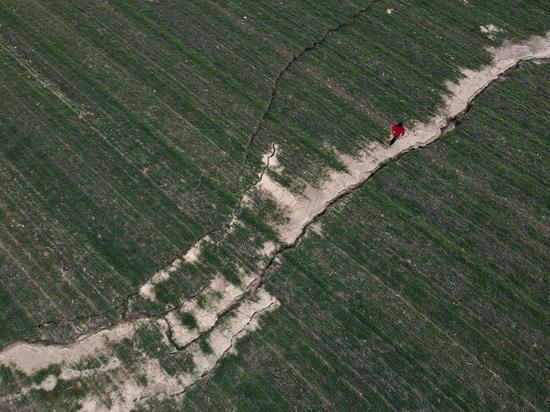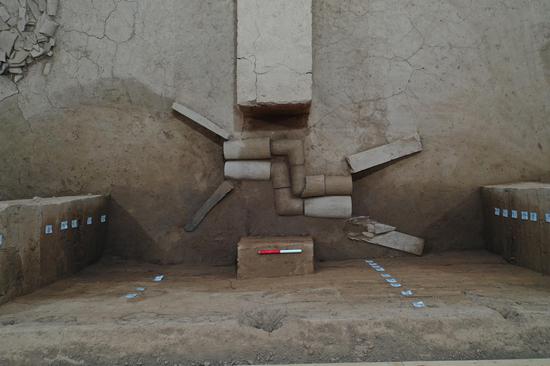The Taklimakan Desert, the largest desert in China, in the country's northwestern Xinjiang Uygur Autonomous Region may have been formed 300,000 years ago, according to recent scientific findings.
The discoveries were made by Chinese researchers during the country's ongoing third scientific investigation in Xinjiang, which has yielded major achievements, said Zhang Yuanming, head of the Xinjiang Institute of Ecology and Geography under the Chinese Academy of Sciences, at a press conference on Tuesday.
The team of scientists has identified the Tianshan Mountains and its surrounding areas as the world's first source of cold-water living organisms, based on their discovery of a new species of gammaridea endemic to a river basin in the region.
The scientific survey also witnessed the discoveries of 39 parasitic natural enemy insects which were first recorded in China and two new species of moss, Zhang said.
A total of 26 new automatic monitoring sites for ecosystems were built in no man's land in Xinjiang during this investigation through the integration of drones, satellites and Internet of Things technology, he added.
The third scientific investigation in Xinjiang was launched in December 2021.


















































 京公网安备 11010202009201号
京公网安备 11010202009201号